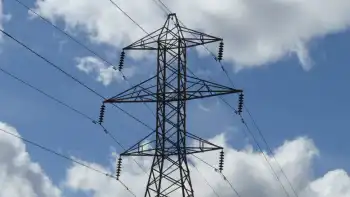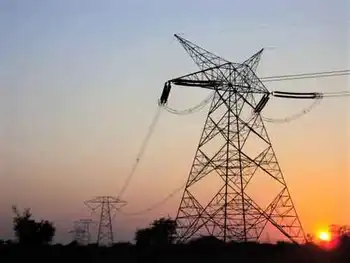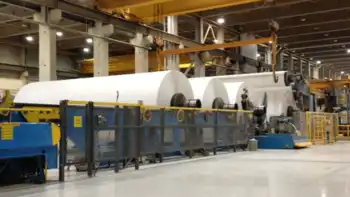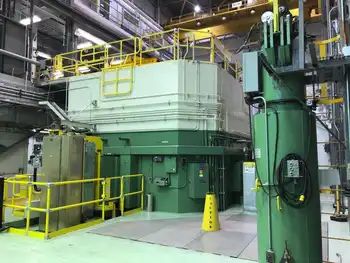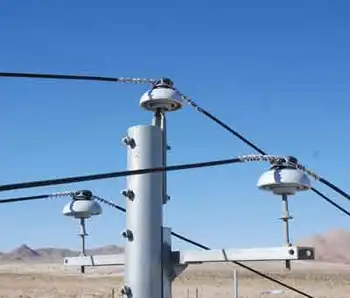University researchers focus on solar power
By Northeast News & Tribune
High Voltage Maintenance Training Online
Our customized live online or in‑person group training can be delivered to your staff at your location.

- Live Online
- 12 hours Instructor-led
- Group Training Available
Professionals from several of USF's colleges and centers are focusing efforts toward the consortium's goal to become a world leader in energy research, technology and education.
The School of Architecture and Community Design, under the director of assistant professor Stanley Russell, is charged with designing and building a moderately priced home using renewable and highly efficient solar energy. A $344,000, three-year grant will be used to defray some of its expense.
The home will be a center open to the public, as well as a place where USF students and faculty members can go to learn how state-of-the-art strategies and technologies are applied.
"We're also in the initial stages of putting together a team of experts who will contact corporations and businesses who might be interested in being sponsors and helping us out," he said. "I think the thing that is fueling this project is not only the energy issue but how our building and infrastructure pertain to a clean environment."
The College of Engineering's Clean Energy Research Center is concentrating on the design and construction of a pilot on-campus solar power plant.
The chemical engineering department is centered on converting solar heat to electrical power and nonfood items containing carbon, such as plant and animal waste, into clean burning liquid fuels.
The electrical engineering department is focused on creating a micro-grid system to deliver renewable energy and on designing solar-powered water desalination techniques to provide clean drinking water.
The university's electric engineering specialists also are simulating a grid system to deliver electricity and industrial engineering experts are producing a portfolio of educational resources and tools to support a new work force.
The task of building the home, Russell said, is being handled in three stages. The initial focus has been to research and study technologies used throughout the country in similar endeavors. Next year the concentration will be on designing the home. Building the home will happen in year three.
"I'm really excited about this kind of project - the whole sustainability thing. It's also an opportunity to integrate the project with courses," said Russell, who has enlisted the assistance of graduate student Mario Rodriquez.
Although a site hasn't been selected for the 1,000-square-foot home, Russell hopes it will be on or near the campus.





